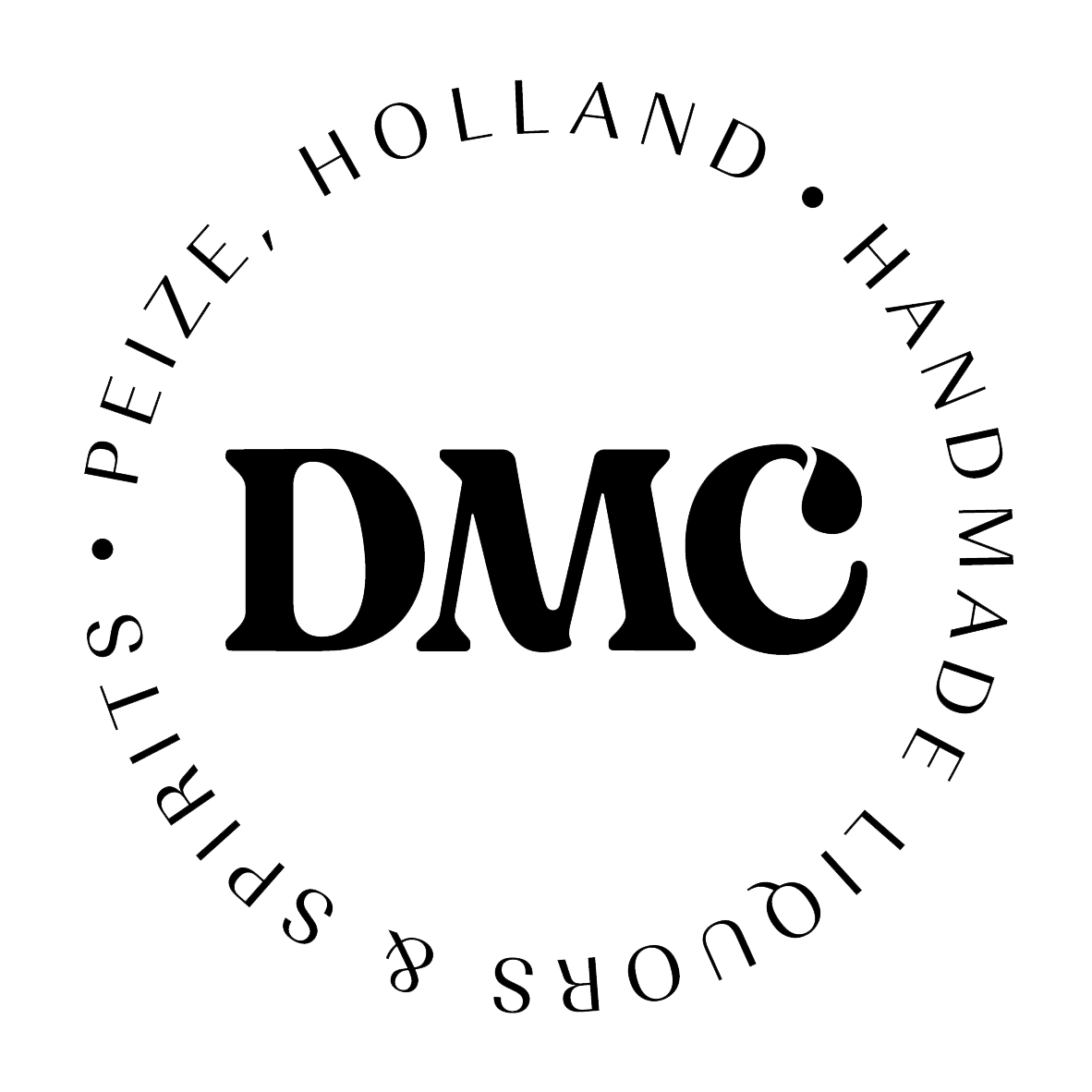Contents
Changes in mitochondrial function have been reported from a number of animal studies in different species, under various alcohol consumption paradigms , and after variable durations of chronic ethanol consumption . Through the process of oxidative phosphorylation, the mitochondria generate ~90 percent of cellular ATP. In cardiomyocyte mitochondria as well as other mitochondrial types, such imbalances could lead to further decreases in cellular respiration and oxidative phosphorylation. Evidence of oxidative stress is found after short periods of alcohol consumption , at least in animal models. These data suggest that antioxidant defense mechanisms that attempt to protect the heart against oxidative damage appear to be initiated soon after drinking alcohol. Also, as noted below, data from other studies demonstrate the protective role of administered antioxidants, such as a synthetic compound that mimics the native superoxide dismutase enzyme, called a superoxide dismutase mimetic.
Next, through traditional MR and NLMR approaches, we evaluated the association of alcohol consumption with CVD, with an emphasis on better understanding relative differences in risk across levels of intake. When people had about two to four drinks, they had about a 30 percent lower risk of heart attacks and hemorrhagic strokes after 24 hours than their abstaining peers, the researchers report in the journal Circulation. These moderate drinkers also had a 19 percent lower risk of ischemic strokes within a week than people who consumed no alcohol at all. After that, however, people who have two to four alcoholic beverages may actually experience a lower risk of heart attack and stroke over the next week than those who have no such drinks. Prospective study of moderate alcohol consumption and risk of hypertension in young women. Mathews MJ, Liebenberg L, Mathews EH. The mechanism by which moderate alcohol consumption influences coronary heart disease.
Findings are less clear for women, with some studies reporting a moderate inverse effect (Vliegenthart et al. 2002) and others detecting none at all (Xie et al. 2010). In humans, endothelial function is assessed by measuring the widening (i.e., dilation) of the brachial artery under different conditions. Some research noted that endothelial function is impaired in abstinent individuals with a long-term history of alcohol abuse or alcoholism(Di Gennaro et al. 2007, 2012; Maiorano et al. 1999). Other studies have examined the effect of a single binge-drinking episode and found impairment in brachial artery endothelial-dependent and -independent vasodilation (Bau et al. 2005; Hashimoto et al. 2001; Hijmering et al. 2007). Therefore, as in animal studies, the effects of ethanol on endothelial function in humans likely depend on the dose and duration of ethanol consumption. But heavy drinking can affect how well the liver can make proteins that help control blood clotting.

One is the opening of the mitochondrial permeability transition pore, which is formed in the mitochondria during ischemic incidents, contributing to reperfusion injury and cell death. Others include recruitment of neutrophils and dysfunction of the sarcoplasmic reticulum, which can affect calcium ion storage and release into muscle fibers. Several studies and meta-analyses have been conducted to determine the relationship between alcohol consumption and the risk of developing heart failure in healthy subjects, as well as in those with a history of MI or CHD. Studies also have examined the “safety” of alcoholic beverage consumption in subjects with heart failure.
Alcohol Use and Your Health
This is not surprising, because mitochondria are a major target for free-radical injury. Dysfunctional mitochondria are less efficient, can become a source of ROS, and are more likely to initiate apoptosis (Marzetti et al. 2013). It showed that people 65 and older alcoholics anonymous who had heart failure and drank moderately lived an average of about a year longer than those who never drank. Alcohol abuse has a toxic effect on many of your organs, including the heart. The toxicity of alcohol damages and weakens the heart muscle over time.
Finally, data from INTERHEART support the finding that the risk of MI is increased in the 24 hours after consumption of 6 or more drinks, suggesting that binge drinking increases MI risk . This effect of mild-to-moderate alcohol consumption to reduce heart failure is possibly mediated by decreasing the risk of CHD and subsequent MI. Patients at risk for heart failure should be counseled to engage in no more than possible allergic reaction to beer moderate drinking, although abstinence may be appropriate in patients with a history of alcohol abuse. Myocardial depression is initially reversible but, if alcohol consumption is sustained, can lead to myocyte vacuolization, mitochondrial abnormalities, and myocardial fibrosis. Even in chronic stages, however, the heart failure represents a sum of both reversible and irreversible myocardial dysfunction.
How Alcohol Affects Heart Failure
If they aren’t pumping enough blood, it can cause you to pass out, or it may even stop your heart . While this problem is less common with acute alcohol-induced cardiomyopathy, it’s still extremely dangerous. Alcohol-induced cardiomyopathy is a relatively uncommon condition, occurring in about 1% to 2% of people who consume more than the recommended amounts of alcohol.
What’s more, alcohol can contribute to obesity and the long list of health problems that can go along with it. Alcohol is a source of excess calories and a cause of weight gain that can be harmful in the long term. There’s a popular belief that alcohol — especially red wine — is good for the heart. A doctor may also advise a person to abstain from drinking or suggest how much alcohol they can drink safely.
Is water good for hangover?
Drinking plenty of water
Rehydrating the body by drinking water may help to improve the symptoms of a hangover. Alcohol is a diuretic, which means that it increases the amount of urine a person passes. The resulting loss in fluid can cause dehydration and electrolyte imbalances. These factors contribute to a hangover.
More contemporary studies have not found evidence of mitochondrial injury in biopsy samples from long-term alcohol drinkers (Miró et al. 2000). Differences among results from human studies may relate to small sample sizes, duration of drinking, and degree of myocardial dysfunction. In the Miró study, alcohol drinkers also had been receiving pharmacologic treatments such as beta-adrenergic blocking agents that reduce blood pressure and also may have antioxidant effects. Mechanisms related to the positive and adverse effects of alcohol on cardiovascular conditions, such as coronary heart disease and stroke as well as cardiomyopathy.
How can I prevent this condition or reduce my risk?
•The addition of trastuzumab to an anthracycline-based chemotherapy regimen markedly increases the incidence of heart failure (28% vs. 1.7%-21% with trastuzumab alone). Introducing a drug-free interval between the agents can significantly reduce the incidence of heart failure. Long-term follow-up data regarding trastuzumab cardiotoxicity are favorable, as the cardiotoxic effects generally manifest during treatment and are reversible. “Heavy alcohol consumption must always be avoided, not only for the risk of cardiovascular disease, but also because it causes acute injury to the liver and to the central nervous system,” he said.

Abstinence leads to improvement in at least 50% of patients with severe symptoms, some of whom normalize their left ventricular ejection fractions. Patients with other causes of heart failure also should limit alcohol consumption. Binge-drinking at least six cocktails in one night may raise the risk of cardiovascular events including heart attacks and strokes over the following week, a research review suggests.
Pharmacologic therapy should include goal-directed heart failure therapy as used in idiopathic dilated cardiomyopathy with reduced ejection fraction. This includes a combination of beta-blockers, an angiotensin-converting enzyme inhibitor, diuretics, aldosterone receptor antagonist and angiotensin blocker-neprilysin inhibitor (if LVEF is less than or equal to 40%). The use of carvedilol, trimetazidine with other conventional heart failure drugs have been proven to be beneficial in some studies.
Can drinking too much alcohol cause a heart attack?
Alcohol-induced cardiomyopathy is a condition where your heart changes shape because of long-term heavy alcohol use. The changes to your heart’s shape cause long-term damage, leading to heart failure and severe problems. Abstaining from alcohol may help some people recover, but others will need medication or even surgery. Stopping drinking or reducing alcohol intake can lower a person’s blood pressure and reduce their risk of a heart attack. Because alcohol has a high calorie content, a person may gain weight through drinking, leading to high blood pressure.
Excessive alcohol intake can lead to high blood pressure, heart failure or stroke. Excessive drinking can also contribute tocardiomyopathy, a disorder that affects the heart muscle. Therefore, people with heart disease or risk factors should stop drinking or limit their alcohol intake to reduce their risk of a heart attack. The American Heart Association explains that drinking excess alcohol can raise triglyceride levels in the blood.
By not drinking too much, you can reduce the risk of these short- and long-term health risks. Of alcohol and also because of a worse course of dilated cardiomyopathy in women compared to men. With overt heart failure in women has been addressed by a few studies (e.g. •Additional risk factors for anthracycline-induced CM include radiation therapy involving the cardiac silhouette as well as concomitant use of trastuzumab. •Consumption of more than 80 to 100 g/day of alcohol for more than 10 yr significantly increases the risk of ACM. Whether your chest hurts after drinking alcohol or you’re just feeling unwell, contact your local medical professional for help.
How can I repair my body after drinking?
- Try coffee or tea. These do not make a hangover go away any faster, but they may help you stay more alert as your body is rebalancing itself.
- Drink liquids.
- Eat carbohydrates.
- Take over-the-counter medication that does not contain acetaminophen (Tylenol)
- Consider taking vitamin B6.
Alcohol affects the heart by temporarily increasing heart rate and blood pressure. The heart pumps blood throughout the body via blood vessels, arteries, capillaries, and veins. As it’s flowing, blood delivers nutrients and other materials to various parts of the body. When a person drinks alcohol, it’s absorbed by the stomach and intestine into the bloodstream and then released into different areas of the body.
Segel LD, Rendig SV, Mason DT. Alcohol-induced cardiac hemodynamic and Ca2+ flux dysfunctions are reversible. Rosito GA, Fuchs FD, Duncan BB. Dose-dependent biphasic effect of ethanol on 24-h blood pressure in normotensive subjects. Alcohol intake, type of beverage, and the risk of cerebral infarction in young women. Chronic ethanol ingestion increases aortic endothelial nitric oxide synthase expression and nitric oxide production in the rat.

Investigators have used a variety of noninvasive tests to evaluate the acute effects of alcohol consumption on myocardial function and hemodynamics in healthy humans. However, these changes were transient, with small changes from baseline. For example, in one study, the ejection fraction decreased by 4 percent after alcohol consumption (Delgado et al. how to quit drinking or at least cut back 1975). Most likely, the decrease in contractility was offset by corresponding decreases in afterload (end-systolic wall stress), systemic vascular resistance, and aortic peak pressure, which maintained cardiac output. Altered platelet responses (e.g., increased platelet activation/aggregation) leads to blood-clot formation in certain CV conditions.
There were also 1,262 hemorrhagic strokes, which occur when a blood vessel bursts. In patients exhibiting chronic alcohol use, other causes of dilated cardiomyopathy need workup. Investigative work up such as mean corpuscular volume , gamma-glutamyl-transpeptidase , elevated transaminases and elevated INR usually are seen in liver injury can be helpful as supportive evidence of alcohol use.. Heart mitochondrial respiratory chain complexes are functionally unaffected in heavy ethanol drinkers without cardiomyopathy.
- Those materials, such as contrasts or tracers, are helpful because they can reveal blood flow blockages that would be very hard to see otherwise.
- We excluded self-reported IHD morbidity, as well as studies reporting estimates on cardiovascular outcomes combined rather than IHD separately and studies with precursors as an outcome.
- Low-to-moderate alcohol use may mitigate certain mechanisms such as risk and hemostatic factors affecting atherosclerosis and inflammation, pathophysiologic processes integral to most CV disease.
- Other studies have examined the effect of a single binge-drinking episode and found impairment in brachial artery endothelial-dependent and -independent vasodilation (Bau et al. 2005; Hashimoto et al. 2001; Hijmering et al. 2007).
- Other causes include drugs , inherited or genetic conditions, immune system disorders and more.
Your doctor might prescribe ACE inhibitors and beta-blockers to help lower your blood pressure. If your heart is severely damaged, your doctor may recommend an implantable defibrillator or pacemaker to help your heart work. Chest X-rays or a chest CT scan can show if the heart is already enlarged.
More recently, Cosmi and colleagues examined the effects of daily wine consumption in subjects enrolled in an Italian trial of heart failure patients (mean age ~67), most of whom had reduced ejection-fraction heart failure. Different levels of daily wine consumption (i.e., sometimes, 1 to 2 glasses/day, and ≥3 glasses/day) had no effect on fatal or nonfatal outcomes (e.g., hospitalization for a CV event). Subjects who drank wine more often, however, were less likely to have symptoms of depression and more likely to have a better perception of health status. They also had lower levels of circulating inflammatory markers, such as C-terminal proendothelin-1 and pentraxin-3 (Cosmi et al. 2015). Many people with heart failure hesitate to talk to their doctors about alcohol, even if they’re not heavy drinkers, heart experts say.
In most investigations, this means consuming more than 5 standard drinks on a single occasion for men and more than 4 standard drinks for women. NIAAA defines binge drinking as a pattern of drinking alcohol that brings the blood alcohol concentration to 0.08 percent or above. A typical adult consuming the defined number of standard drinks for binge drinking would reach a blood alcohol concentration of 0.08 in about 2 hours . Other studies have suggested that moderate drinking can slightly raise levels of “good” HDL cholesterol. And alcohol appears to cut the chances of blood clots that can lead to heart attacks and strokes, Brown says. The negative health effects of heavy drinking are immediate and long-lasting, based on a study linking heavy drinking to heightened risk for heart attack and stroke within hours of consumption.



